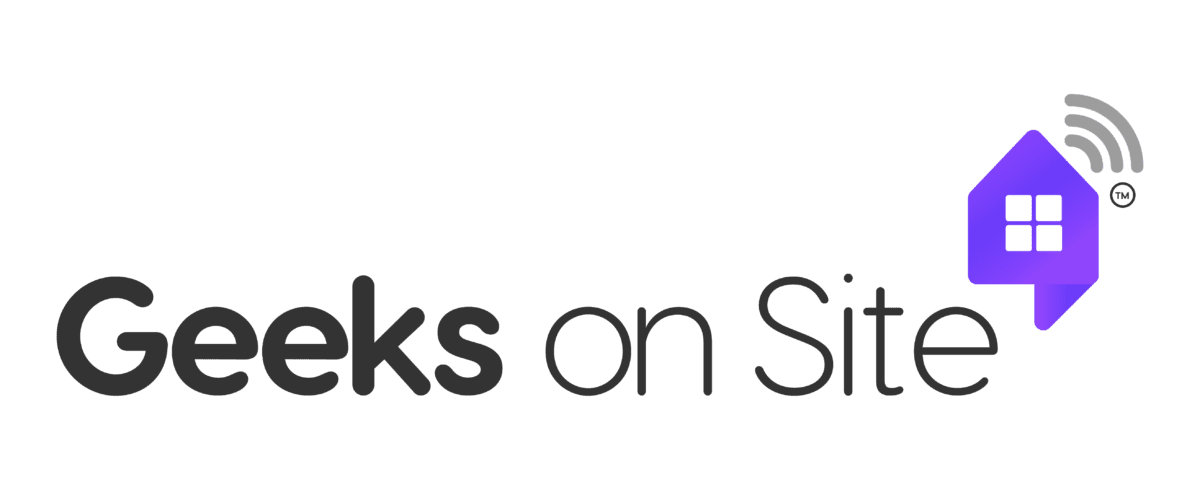When you’re asked to upgrade your version of Windows or Apple’s iOS, consider one more thing – it’s also a great time to do an overall evaluation of your computer performance.
More than 50 million devices have upgraded to Windows 10 in recent months as a result of the recent free upgrade launch from Microsoft.
Why is upgrade time a great time to tune up your system? A clean, junk-free computer system runs faster and more efficiently, and will make upgrading a better experience. Check out these few, simple tweaks below to make your computer run faster and more efficiently.
Clean House
How often do you perform regular computer maintenance? These routine tasks can make a noticeable difference in how your computer handles its tasks. Be sure to run your virus scanner to look for malware, a frequent culprit when your computer has suddenly slowed to a crawl.
Don’t forget to keep your computer clean in the literal sense, too. Use a handheld vacuum to suck dust and pet hair from your PCs vents. Clogged vents cause heat buildup that puts a strain on your computer’s hardware. Overheating can force your system to act sluggish, lock up or shut down completely. That’s never good.
Take Out the Trash
Your system will run much faster if it’s not bogged down with unnecessary files and programs. It’s a good idea to keep at least 10 percent of your hard drive free for working files and processes. As a reference point, you’ll need about 20GB of hard drive storage space (for the better 64-bit version) to install Windows 10.
Here are key ways to free up PC memory:
- Check how much memory you’re using at Start > Computer, right-click on Local Disk and choose Properties. It will show a pie chart that makes it clear what programs use a lot of memory. Maybe you can uninstall a few programs you don’t actually use that much but take up a lot of memory.
- Save space by uninstalling unused programs. It’s usually a one-click operation. Go to Start > Control Panel > Programs and Features. Google anything you don’t recognize to avoid removing software your system uses to support various operations.
- Regain computer memory by deleting or moving old files to external or cloud-based storage. Simply archiving your photos and videos can free up an enormous amount of space.
Remember to clean up your web browser, too, by disabling or removing unused add-ons or extensions. Clearing your browser cache every few weeks can also help speed up your Internet processes. Running your browser with many tabs (more than 15) also slows things down, tremendously. Create a “Further Reading” folder on your desktop and drag links from the top web address email to that folder to save tabs.
Tweak Your Settings
The saying “beautiful is as beautiful does” unfortunately does not always hold true for computer performance. Glowing buttons, transitional fade effects and other pretty graphic animations can devour processing power. If your system is struggling, turn visual effects down or off: Start > Control Panel > Performance Information and Tools > Adjust Visual Effects.
Programs that insist on starting up every time you start your computer can slow things down, too. Every time you just want to check into Facebook or your email , too many programs launch first. Sound familiar? You can limit automatic launching to only programs you want to use on startup. You can now do this easily in Windows 8 or 10 by going to the Task Manager and choosing the Startup tab.
Update and upgrade all your programs to their newest, most efficient versions. While they might take up more space on your hard drive, you’ll probably gain some efficiencies and speed.
Your computer could be struggling because it doesn’t have enough RAM. If you use your computer for graphics-intensive tasks (retouching digital camera photos or videos), you’ll be best off with at least 8GB of RAM. Upgrading RAM isn’t expensive, and you’ll probably be able to plug it in yourself once you’ve gauged your needs with the memory upgrade tool from Crucial.com.
If you’ve run through everything above and your system is still slow, maybe your system needs a reboot. If all else fails, and you’re struggling with your PC’s performance, call in the experts at Geeks on Site for in-person or online support for both Windows and Mac computers, 24 hours a day, 7 days a week.
